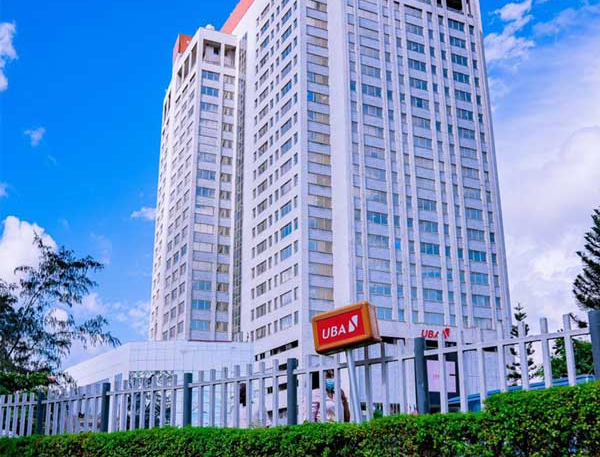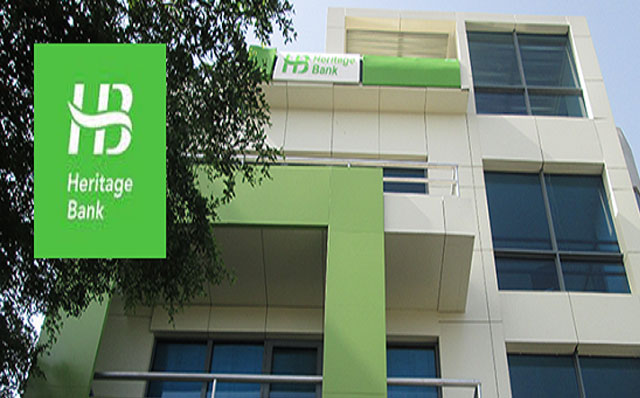Chuks Okocha in Abuja
The presidential candidate of the Labour Party (LP) in the 2023 general election, Mr. Peter Obi, has again bemoaned the existential challenges bedevilling the country, saying its leaders are incompetent and lack the character and capacity to govern well.
Speaking at Johns Hopkins University on ‘Politics and Change in Nigeria,’ at the invitation of Professor Peter Lewis, author of ‘Growing Apart: Comparing Indonesia and Nigeria’, Obi compared Nigeria with other countries in terms of the Human Development Index (HDI).
He maintained that only “competent, capable and compassionate political leadership, with integrity can drive sustainable growth and development.”
Drawing on 35 years of comparative data, Obi noted that in 1990 all four nations – Nigeria, China, Vietnam and Indonesia – fell into the “medium” category of the United Nations’ Human Development Index (HDI), adding that today, the country Asian countries have each advanced to the “high” HDI bracket, while Nigeria has slipped into the “low” category.
“The failure of a nation depends largely on its political leadership,” he said.
“China, Vietnam and Indonesia, and indeed other progressive nations, unlike Nigeria, have competent leadership with character, capacity, and compassion, committed to prioritising investment in critical areas of developmental measures: Education, health, and pulling people out of poverty.”
The former Anambra State governor, who lamented Nigeria’s high poverty rate, insisted that this resulted from the incompetence of leaders and their lack of integrity and compassion, which hindered sustainable growth.
“These three nations have moved up to the high category of HDI, while Nigeria has fallen into the low category. Within the same period of 35 years, from 1990 to 2025, the GDP per capita of these comparable nations have all improved.
“As of 1990, while Nigeria had a GDP per capita of $556, China had $317, Indonesia had $578, and Vietnam had only $99. Nigeria obviously had a higher GDP per capita than China, while Vietnam had less than one-fifth of Nigeria’s per capita.
“Today, Nigeria’s per capita is about one-fifth of Indonesia’s ($5,000) and Vietnam’s ($4,400) GDP per capita and below one-tenth of China’s ($1,300) GDP per capita,” he noted.
On poverty, Obi pointed out that Nigeria had the fewest people classified as poor, about 50 million, among the four countries in 1990, compared with China’s 750 million, Indonesia’s 85 million and Vietnam’s 60 million. “Today,” he warned, “Nigeria has more poor people than China, Indonesia and Vietnam combined.”
“Why have these nations succeeded where we have faltered?” he asked his audience.
His answer was unequivocal: “They have invested decisively in education, healthcare and poverty reduction under leaders of unwavering character and capacity.”
Concluding, Obi declared that for Nigeria to solve its many problems, that its next generation of leaders must make the welfare and upliftment of all its citizens a priority.
Obi’s latest observation coincided with the World Bank’s April 2025 Africa’s Pulse report, which projected a 3.6 per cent increase in poverty in Nigeria by 2027.
The World Bank noted its projection “follows a well-established pattern, whereby resource wealth combined with fragility or conflict is associated with the highest poverty rates—an average poverty rate of 46 per cent in 2024, 13 percentage points above non-fragile, resource-rich countries.”



